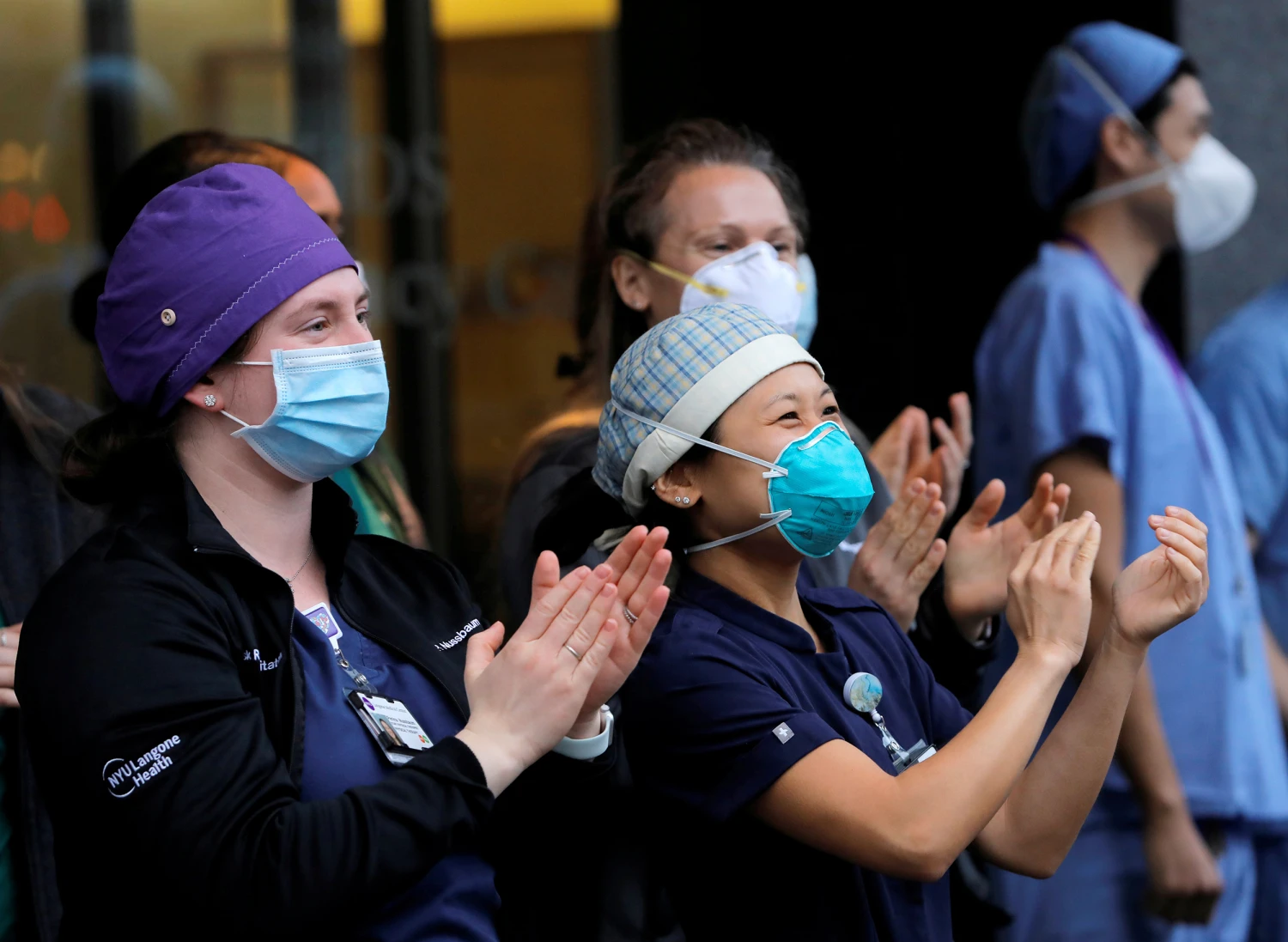Access to healthcare in the United States is often riddled with challenges for many communities, and Asian Americans are no exception. Despite being one of the fastest-growing ethnic groups in the country, Asian Americans face unique barriers to healthcare that are often overlooked in broader discussions about healthcare access.
One of the most pressing issues is the linguistic and cultural barriers many Asian Americans encounter. With over 100 different languages spoken across the Asian diaspora, many individuals struggle to find healthcare providers who understand their language and cultural needs. This language barrier can lead to misunderstandings during medical consultations and inadequate care. Moreover, cultural stigmas surrounding mental health in several Asian communities can discourage individuals from seeking the help they need, further exacerbating disparities in healthcare access.
Another factor contributing to healthcare inequities is the “model minority” myth, which paints Asian Americans as uniformly successful and economically secure. This misconception masks the reality that many Asian Americans, particularly recent immigrants and refugees, face significant economic hardships. In fact, certain subgroups within the Asian-American community have disproportionately high rates of poverty, which directly impacts their ability to afford healthcare services.
To improve healthcare access, efforts must be made to increase the availability of multilingual and culturally competent healthcare professionals. Additionally, addressing systemic barriers like income inequality and expanding healthcare coverage for low-income families will help ensure more Asian Americans receive the care they deserve.
It is essential to acknowledge the diversity within the Asian-American community and tailor healthcare solutions to meet the unique needs of different subgroups. Only then can we bridge the gaps in healthcare access and work toward a more equitable system for all.

